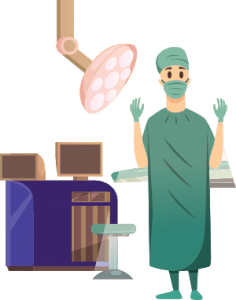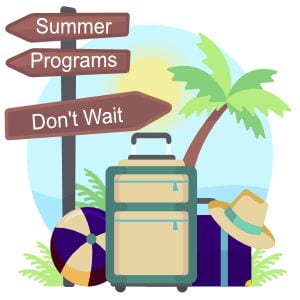 |
Webinar: AALAE Diving Deeper Enrichment for ZebrafishApril 24th 11:00 am-12:00 pm Learn more about enrichment for zebrafish in a webinar hosted by the American Association of Laboratory Animal Enrichment (AALAE). The webinar will explore the intricacies of zebrafish enrichment and how understanding their preferences can significantly impact their overall welfare, research outcomes, and ethical standards. Additional information, including a zoom link, can be found on the OAW website. |
 |
3Rs Seminar on Experimental Design – Session SlidesOn February 28th, OAW hosted a fantastic seminar on Experimental Design and Analysis, featuring guest presenters Dr. Esther Pearl from NC3Rs and Dr. Brianna Gaskill from Novartis. The slides for those sessions are now available on the seminar website. Dr. Pearl shared tools and strategies to optimize experimental design, including the free Experimental Design Assistant app. Dr. Gaskill provided rules of thumb for quick assessment of experimental design and sample size. We hope you found this seminar to be interesting and educational, and we look forward to hosting more events for our UW research community in the future. |
 |
Surgery Training Requirements PolicyAt its March meeting, the IACUC reviewed and approved revisions to the Surgery Training Requirements Policy and the associated Surgery Training Flow Chart. Review this policy if your IACUC protocol involves survival or non-survival surgery. Surgery training is initiated with the Center for Laboratory Animal Training Resources (CLATR) and includes broadly-applicable web-based modules as well as in-person sessions. After completion of training, individuals are permitted to perform surgery only under direct observation of a certified surgeon. Aseptic Surgery Certification must be obtained prior to performing surgery independently. Certification requires direct visual assessment of a surgery by a veterinarian and must be obtained within one year of completing the training. |
 |
“Pharmaceutical Grade”According to regulatory guidance and UW IACUC policy, “Investigators are expected to use pharmaceutical-grade compounds whenever they are available, even in non-survival procedures.” This includes diluents and vehicles. But what does “pharmaceutical grade” mean? The UW IACUC defines pharmaceutical grade as “A drug, biologic, or reagent that is approved by the Food and Drug Administration (FDA).” The Orange Book is the reference for FDA-approved human drugs. The Green Book is the reference for FDA-approved veterinary drugs. Note that USP and NF grade do not meet the UW IACUC’s definition of “pharmaceutical grade”. If the substance is not available in an appropriate FDA-approved formulation, the highest quality/purity substance should be used (which may be USP or NF grade), and the substance must be prepared with consideration of sterility and pH. For more information, refer to the UW IACUC Policy “Non-Pharmaceutical Grade Substances in Laboratory Animals”. |
 |
Training for Summer Animal ProgramsWill you have learners coming specifically for a Summer Program? Summer is the busiest time of the year for the Center for Laboratory Animal Training Resources (CLATR). It takes time to process all the requests. Please use our new Training for Summer Animal Programs Submission. We appreciate your early requests, as it allows us to anticipate and accommodate the number of learners we will have in the coming quarter! Note: Obtaining and updating the NetID permissions needed for students to take eLearning or hands-on classes requires multiple steps across multiple units, so please plan accordingly. |